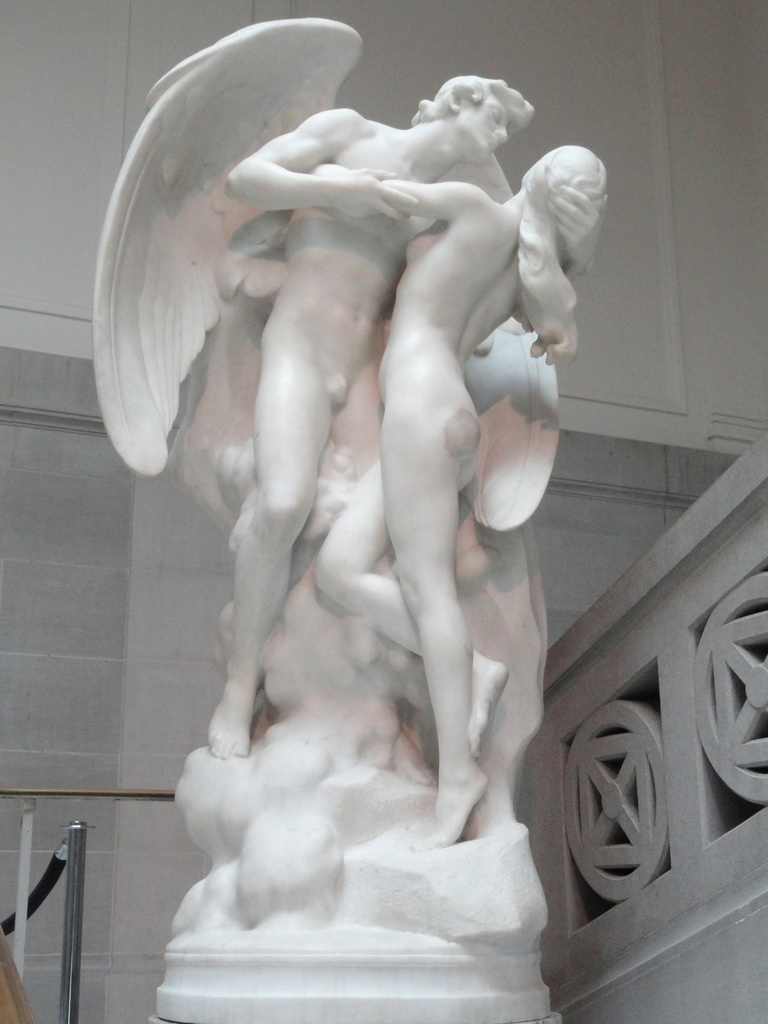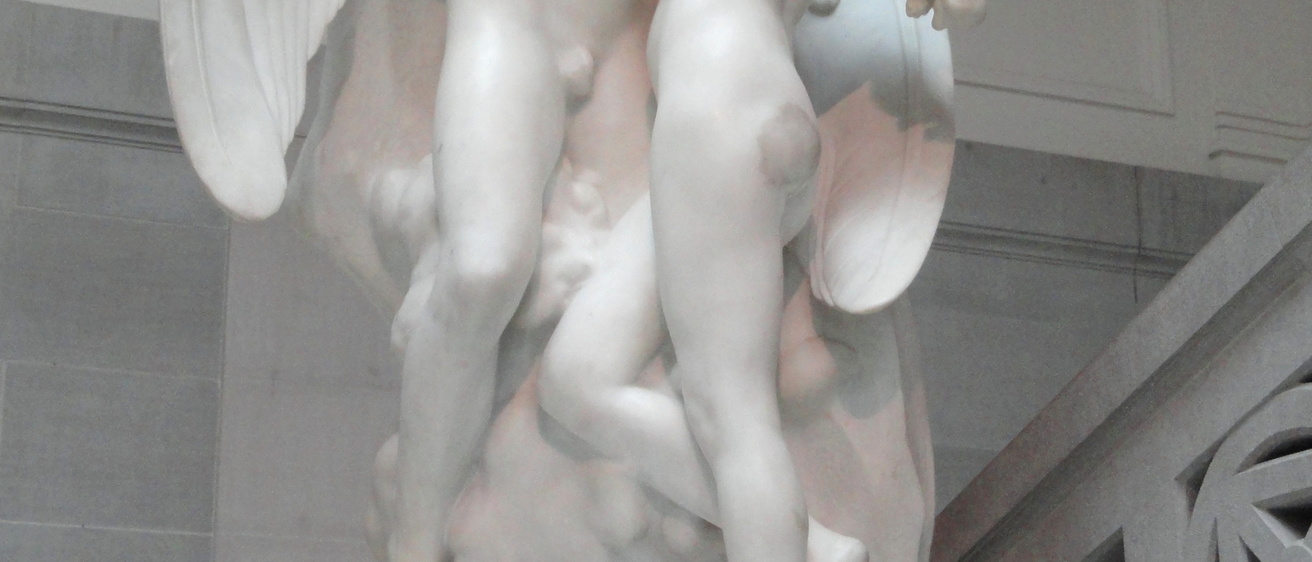A demigod (literally "half-god") or demigoddess is a part-human and part-divine being, resulting either as the offspring of a deity and a human, or human (or non-human) creatures that are granted divine status, sometimes after their deaths. Many famous demigods come from Greek mythology, like Achilles (son of the sea nymph Thetis (the daughter of the sea god Nereus) and Peleus, king of the Myrmidons); Aeneas (the Trojan hero and namesake of Virgil's Latin epic poem, the Aenead, who was the son of Aphrodite, goddess of love, and Prince Anchises); Heracles, better known as Hercules (the son of Zeus and a mortal woman named Alcmene); and Perseus (the son of Zeus and the mortal princess Danae).
But did you know that demigods are also present in the Bible? According to Genesis 6, there are half-divine beings in the Bible. In Genesis 6:1–2, we are introduced to a group known as the "sons of God" (Hebrew: בני—האלהים, bnei-ha-elohim), who decide that human females are "fair" and take as many as they want for their wives. Who exactly these "sons of God" are is a matter of significant debate, since the story has not mentioned their existence before this point, but we can safely assume that they are at the very least divine in some way.

Genesis 6:4 says, "The Nephilim (Hebrew: הַנְּפִלִים) were on the earth in those days (suggesting they weren't anymore at the time this passage was written, but did make an appearance early on)—and also afterward—when the sons of God (Hebrew: בני—האלהים, bnei-ha-elohim) went into the daughters of humans, who bore children to them."
This is clearly a reference to divine beings—"sons" or "children" of God (bnei-ha-elohim), having sex with human woman, hence the designation of "daughters of men" or "of humans"— a designation only found here in Genesis 6:2 and 4.
There are some who argue that Nephilim is another name for the "sons of God" who slept with the human women. This is because the word Nephilim comes from the Hebrew root נפל (N-P-L), meaning "to fall," causing some to view them as "fallen beings," or more commonly, "fallen angels." But it is more likely that Nephilim refers to the great heroes mentioned at the end of verse 4: "These were the heroes (Hebrew: הַגִּבֹּרִים, ha-gibborim) that were of old, warriors of renown (Hebrew: אַנְשֵׁי הַשֵּׁם, anshey ha-shem, lit.: "men of a name"). They are depicted as giants elsewhere in the Bible, like in Numbers 13:33: "There we saw the Nephilim (Hebrew: הַנְּפִילִים)—the Anakites come from the Nephilim—and to ourselves we seemed like grasshoppers, and so we seemed to them."
That the Nephilim mentioned at the beginning of Genesis 6:4 are the giants mentioned at the end of the verse is supported by the Septuagint (LXX), the Greek translation of the Hebrew Bible, which translates both the words "Nephilim" and "hero" as "giants" (Greek: γίγαντες, gigantes), rendering the verse: "Now the giants were upon the earth in those days; and after that when the sons of God would go in to the daughters of men, they bore children to them, those were the giants of old, the men of renown.
Regardless of who the Nephilim are, it is clear that the offspring produced by the "sons of God" and mortal women—whatever they were called—are understood to be superhuman. So the answer is yes, there are demigods mentioned in the Bible. The bigger question is how the Nephilim, mentioned as "on the earth in those days" in Genesis 6:4, managed to have their descendants still on earth in Numbers 13:33 (perhaps prompting the later addition of "and also afterward" to Genesis 6:4), if they weren't on Noah's ark, and the flood described in Genesis 6–9 supposedly "blotted out every living thing," leaving only Noah and those in the ark with him (cf. Genesis 7:23).
